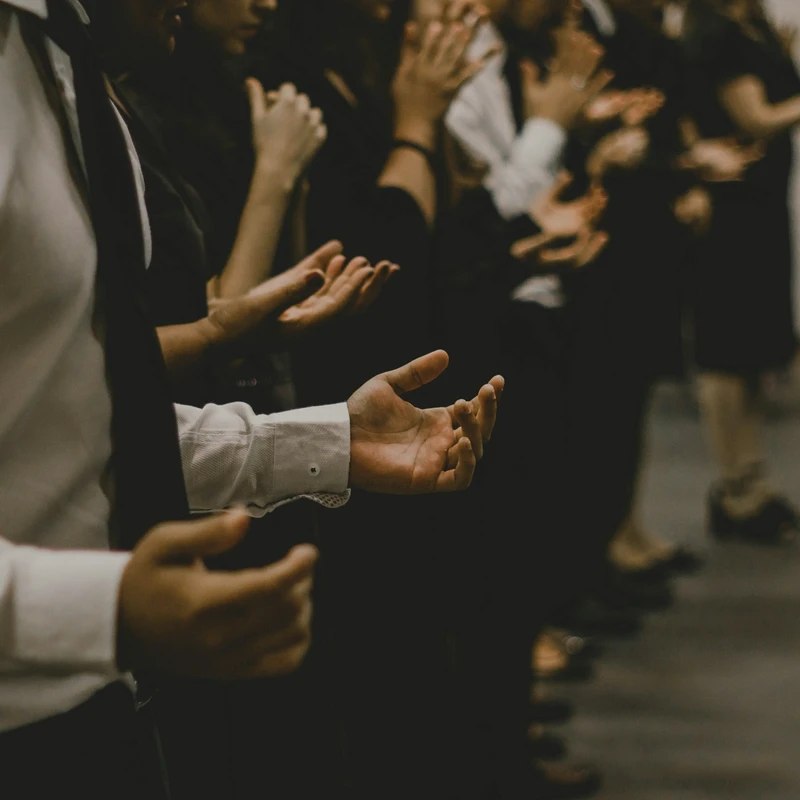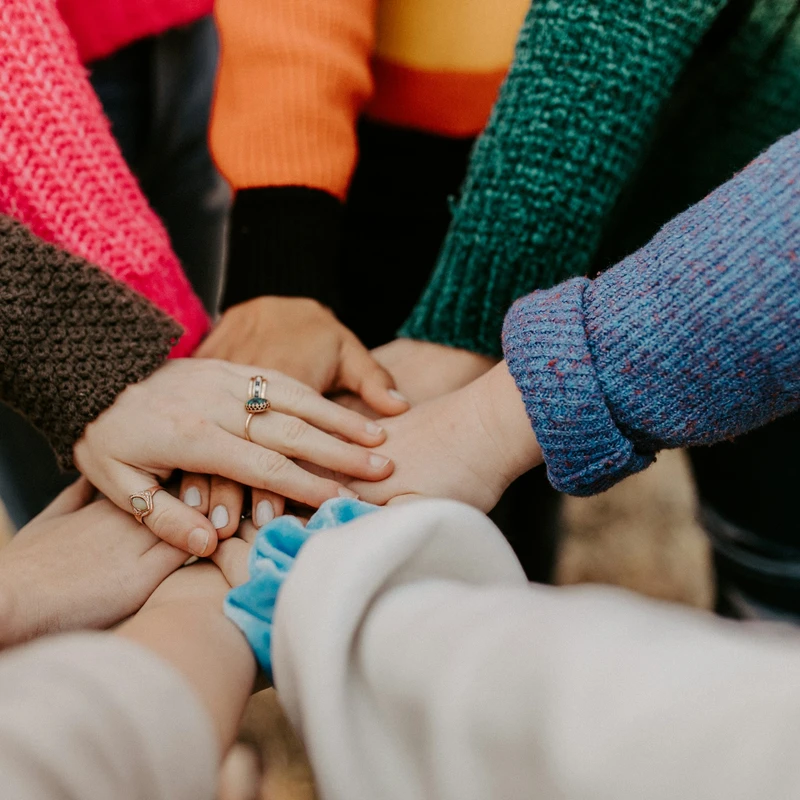Bridge Building
Nurturing multigenerational friendships and community partnerships.
Nurturing multigenerational friendships and community partnerships.
Disrupting systems of power to create positive change.
Working to eradicate injustice for the excluded and marginalized.

Thursdays, Beginning March 6 | 8:00PM | Zoom
Do you work in advocacy, lobbying, or policymaking, and find yourself in need of a time for spiritual reconnection? Join Texas Impact and First Church’s Rev. Dr. Becca Edwards for this interfaith prayer service online. It will be hosted weekly throughout the Texas Legislative Session, beginning March 6 and continuing through June 5. Participate as you are able. Register using the link below.

Sunday, March 30 | 10:00AM | Sanctuary
Our 2024 Christmas Offering raised funds for The Village Place, a vibrant community hub of Black Mamas Village (BMV). The Village Place serves hundreds of families weekly through a food pantry, resource navigation, and access to affordable childcare and mental health services and is an integral way BMV provides connection, healing, hope, and bridges to health and belonging that change lives. We look forward to learning from Nakeenya Wilson, founder and Interim Executive Director of Black Mamas Village, as she shares more about their work and the ways our support has helped fund some of their critical needs as they cultivate thriving communities for all Black mothers
Traditionally, “service” has meant acts of mercy and charity. At FUMC, we are expanding that definition to include justice—addressing the root causes of poverty, homelessness, and inequality. Alongside compassionate giving, we engage in advocacy, education, and partnership with organizations like Austin Interfaith and Texas Impact to seek justice as part of our call as the Body of Christ.
The Amos Commission, sponsored by the Capital District of the Rio Texas Conference of the UMC, trains members to understand what faith says about social justice issues and how to advocate for meaningful change.
This advocacy program, organized by Texas Impact, brings faith leaders to the border to meet asylum seekers and learn from legal and policy experts about U.S. immigration practices and their impact.
iACT promotes interfaith understanding and outreach. Their efforts include ESL classes for refugees, Hands On Housing, and participation in the CROP Hunger Walk to benefit those in need.
ARJFON offers free, high-quality immigration legal services to low-income individuals and families. As part of the nationwide JFON network, ARJFON also provides education and advocacy focused on humanitarian and family-based immigration law.
This network advocates for the full inclusion of all people in the UMC. FUMC’s Reconciling Ministries team, along with several of its Sunday School classes, are proud members of this movement.
A statewide interfaith network, Texas Impact equips faith communities—including FUMC—to engage in public policy advocacy. Members receive updates and training to speak out on justice issues from a faith perspective.
United Methodists have a long and rich history of engagement on issues of social concern. John Wesley was a forthright advocate on prison reform, human rights, abuse of spirituous liquors, labor justice, healthcare, slavery, and the humane treatment of animals. The Methodist Church formally entered into the social justice era in 1908 when the Methodist Episcopal Church adopted the first Social Creed. The creed was primarily a response to miserable working conditions for those working in mines, mills, factories and tenements.
Today, the FUMC Social Justice Team is governed by the United Methodist General Board of Church and Society. The General Board of Church and Society, which was created in 1972, is one of four international general program boards of the United Methodist Church as set out in the UMC Book of Discipline. At that time, the general conference of the United Methodist Church also adopted the church’s first Social Principles, which spell out the church’s position on specific social justice issues.
Today, the Social Justice Team strives to fulfill the mission of the United Methodist General Board of Church and Society through the celebration of Justice Days, educating the congregation and others on social justice issues, and encouraging the congregation to participate in advocacy on social justice issues.
Social Creed
We believe in God, Creator of the world; and in Jesus Christ, the Redeemer of creation. We believe in the Holy Spirit, and we repent of our sin in misusing. Read More.
Social Principles
Preface
The Social Principles are a prayerful and thoughtful effort of the General Conference to speak to the issues in the contemporary world from a sound biblical and theological foundation. Read More.
Preamble
We affirm our unity in Jesus Christ while acknowledging differences in applying our faith in different cultural contexts as we live out the gospel. Read More.
The Natural World
All creation is the Lord’s, and we are responsible for the ways in which we use and abuse it. Read More.
The Nurturing Community
We believe we have a responsibility to innovate, sponsor, and evaluate new forms of community that will encourage development of the fullest potential in individuals. Read More.
The Social Community
We affirm all persons as equally valuable in the sight of God’s sight. We reject discrimination and assert the rights of minority groups to equal opportunities. Read More.
The Economic Community
We claim all economic systems to be under the judgment of God no less than other facets of the created order. Read More.
The Political Community
We hold governments responsible for the protection of people’s basic freedoms. We believe that neither church nor state should attempt to dominate the other. Read More.
The World Community
God’s world is one world. We pledge ourselves to seek the meaning of the gospel in all issues that divide people and threaten the growth of world community. Read More.